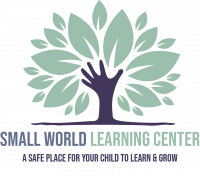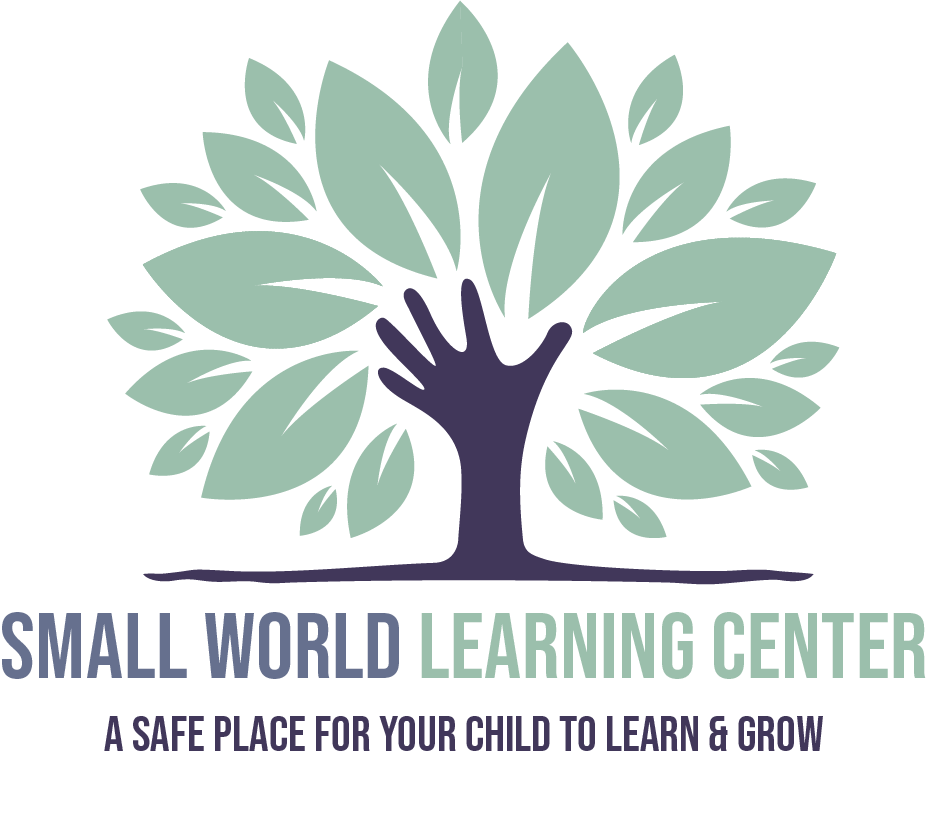If you’re like most parents, you want what’s best for your child. You may be wondering if pre-kindergarten is the right choice for them. At Small World Learning Center, we believe that early childhood education is essential for a child’s development. We offer pre-kindergarten classes to children ages four to five years old. We know that every child is unique, so we take into account each child’s individual needs and abilities when designing our curriculum.
When it comes to finding the right daycare or early learning center for your child, there are a lot of things to consider. In this blog post, we will discuss some things you can do to help you decide if your child is ready for pre-K. We will also provide some tips for choosing the right early learning center or daycare! If you’re interested in enrolling your child in our pre-kindergarten program, keep reading to learn more about it and get in touch with our daycare in Littleton today!

Age
One of the most important things to consider when deciding whether your child is ready for pre-K is their age. Most children begin pre-K around the age of four, but some may be ready as early as three years old. If you’re not sure if your child is ready for pre-K, talk to their pediatrician or another early childhood development expert, such as our team at Small World Learning Center. We can help you evaluate whether your child is developmentally ready for pre-K and provide tips for getting them ready if they’re not quite there yet.

Developmental Milestones
In addition to age, it’s important to consider your child’s developmental milestones when deciding if pre-K is right for them. Can they follow simple directions? Do they have the attention span to sit and listen to a story? Are they beginning to understand and use basic words? If your child is not yet hitting these milestones, they may benefit from spending more time in an early learning environment like daycare or a preschool program. These programs can help children develop the skills they need to be successful in pre-K and beyond.
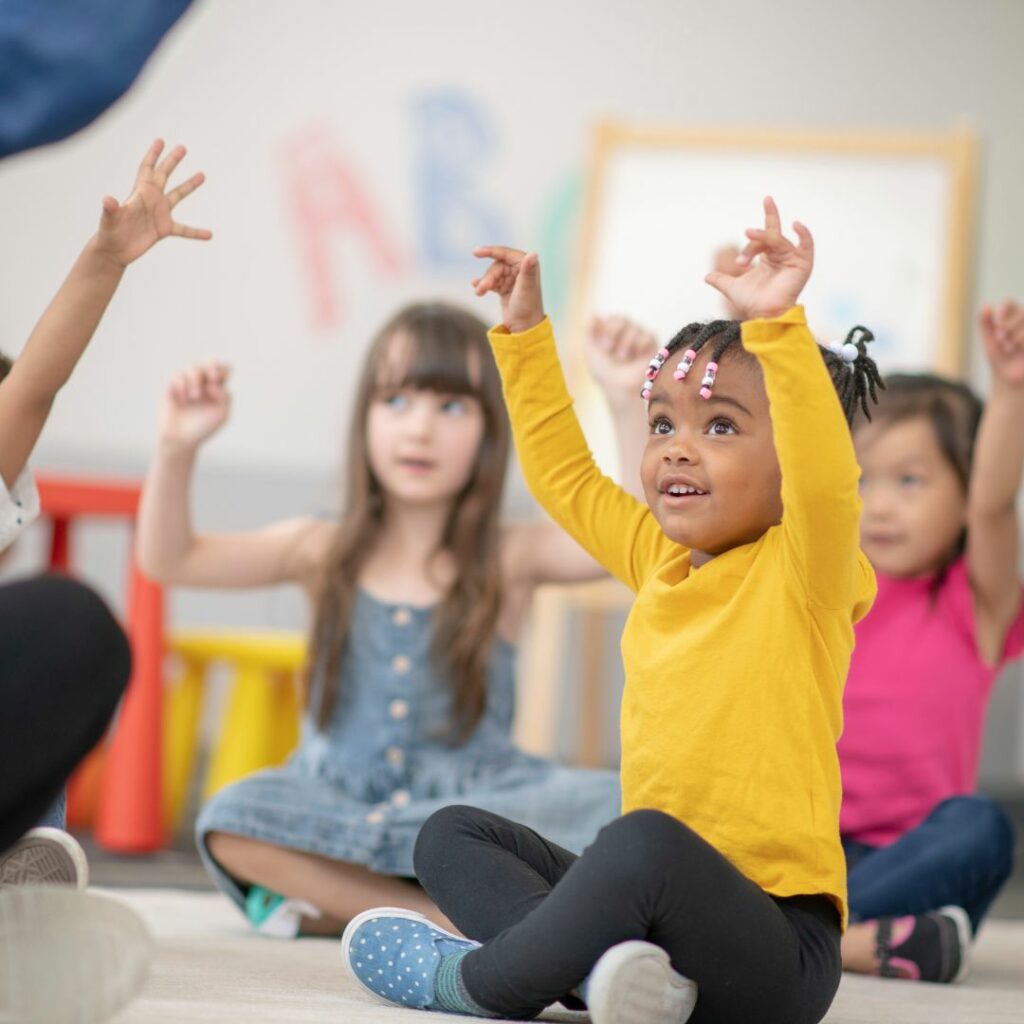
Social and Emotional Development
Is your child able to separate from you without getting too upset? Can they share toys with other kids? Do they understand and follow simple rules? These are all important social and emotional skills that are necessary for success in pre-K. If your child is still working on these skills, they may benefit from a few more months at home with you or in daycare before starting school.
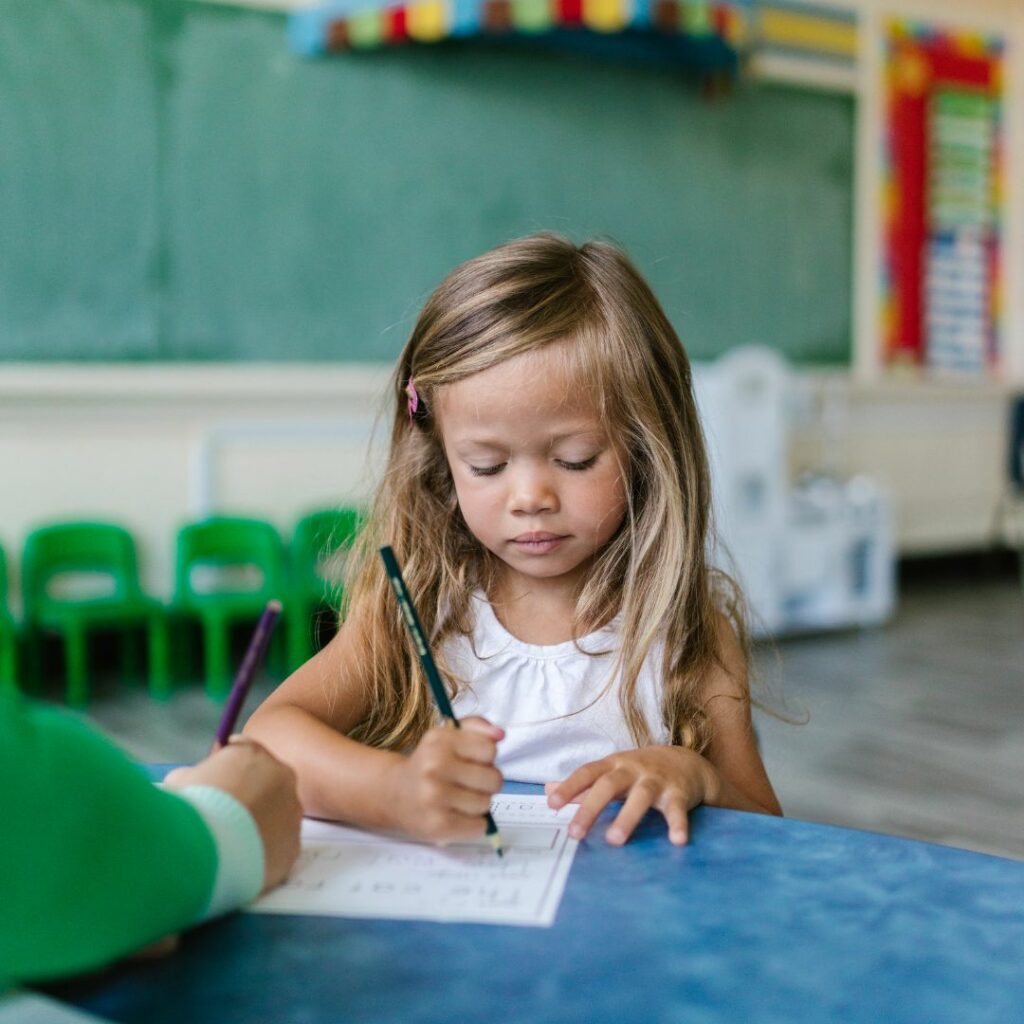
Learning Readiness
Before sending your child to pre-kindergarten, you want to make sure they are ready to learn so they get the most out of their experience. Before sending your child to pre-kindergarten, you want to make sure they are ready to learn so they get the most out of their experience. To determine whether they are ready to learn, consider whether your child is curious, enjoys learning new things, and can follow simple rules and directions. If you feel as though your child isn’t quite there yet, here are some things you can do at home to help prepare them:
- Read books together every day. This exposes them to different vocabulary words, helps them learn about emotions, and develops their imagination.
- Play games that involve counting, matching, and sorting. This helps with number recognition and simple math skills.
- Talk about the alphabet. Help them identify letters in signs, on TV, or in books. Point out how letters make different sounds when they are put together to form words.
- Encourage your child to express their feelings. This can be done through talking, drawing, or acting out scenarios with toys. It’s important for them to understand and cope with a range of emotions.
- Help them practice basic life skills like putting on their shoes and jacket, using the restroom independently, and washing their hands.
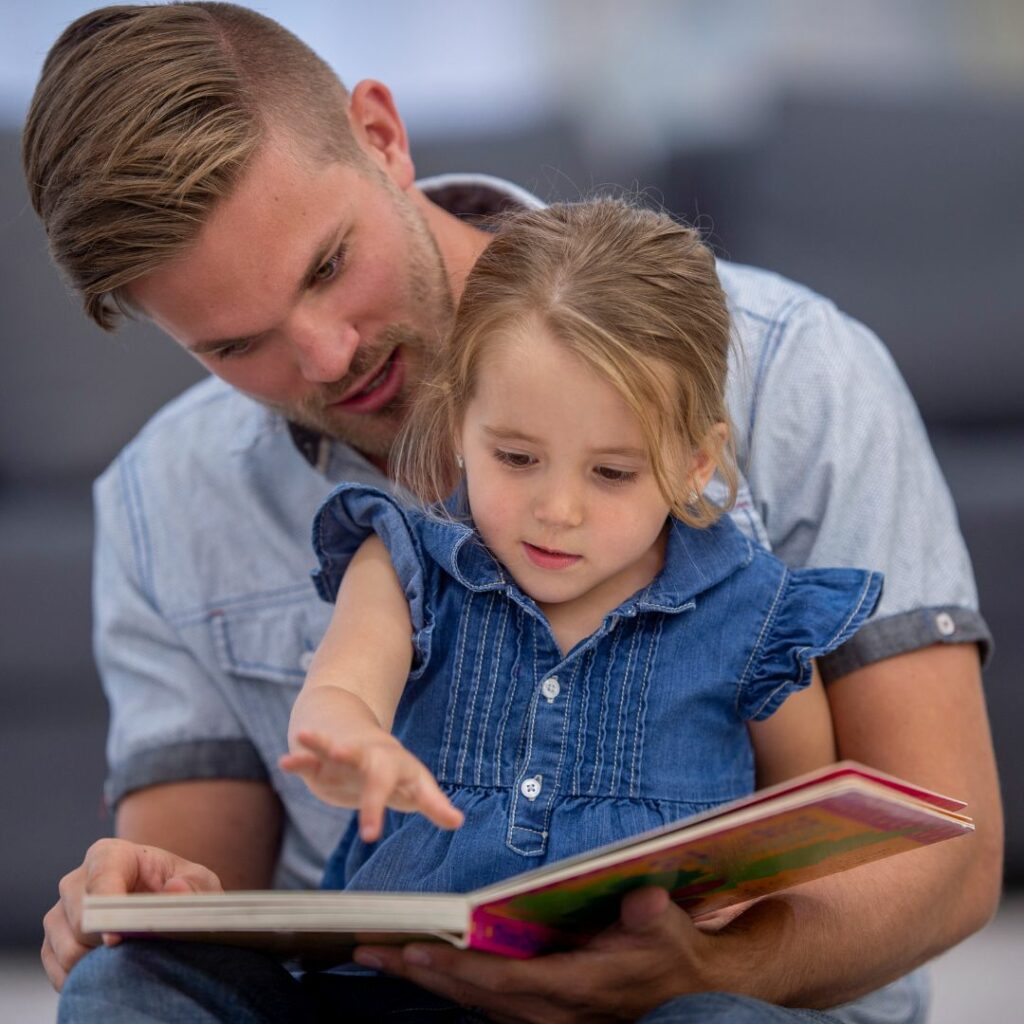
Goals
When your child starts pre-K, they’ll be embarking on an exciting new journey. But what exactly should they expect to gain from the experience? Before you determine what age is right to send your child to pre-kindergarten, take some time to evaluate what you want them to get out of the experience. Do you want them to develop better social skills, or improve their academic performance? Determining these goals ahead of time can help you narrow down which program might be the best fit for your child.

Determine What’s Right for Your Family
In the end, the decision of whether or not to send your child to pre-K is a personal one. Consider what’s best for your family and what will help your child succeed in school and life. Each child is different, so what works for one family may not be the right fit for another.
If you’re still on the fence about whether or not pre-K is right for your child, there are a few things you can do to help you make a decision. Talk to your child’s doctor or pediatrician about their development and whether they think your child would benefit from an early learning program. You can also reach out to your local school district or daycare center to learn more about their programs and see if they offer any assessments that could help you determine if your child is ready for pre-K. If you have any questions or concerns, be sure to reach out to our early learning center in Littleton. We have the knowledge, experience, and training necessary to help you make the best decision for your child.

Picking a Pre-Kindergarten Program
You want to make sure that the pre-K program you select is the right fit for your child. When you are looking at programs, pay attention to things like the teacher-to-student ratio, the curriculum, and the overall environment of the school. You can also ask other parents for recommendations. It is also important to consider the cost of the program and whether or not it is within your budget. At Small World Learning Center, we understand that paying for your child’s education can be complicated, and that’s why we offer a CCAP program to provide you with the assistance you need. Learn more and get in touch with us today!

Find a Safe, Nurturing Environment Today
Making the decision about what age to send your child to pre-K is an important one, but it doesn’t have to be a difficult one. By doing your research and talking to your child’s doctor or daycare provider, you can make an informed decision that is best for your child. And remember, even if pre-K isn’t right for your child right now, there are plenty of other early learning opportunities out there that can help them prepare for kindergarten and beyond.
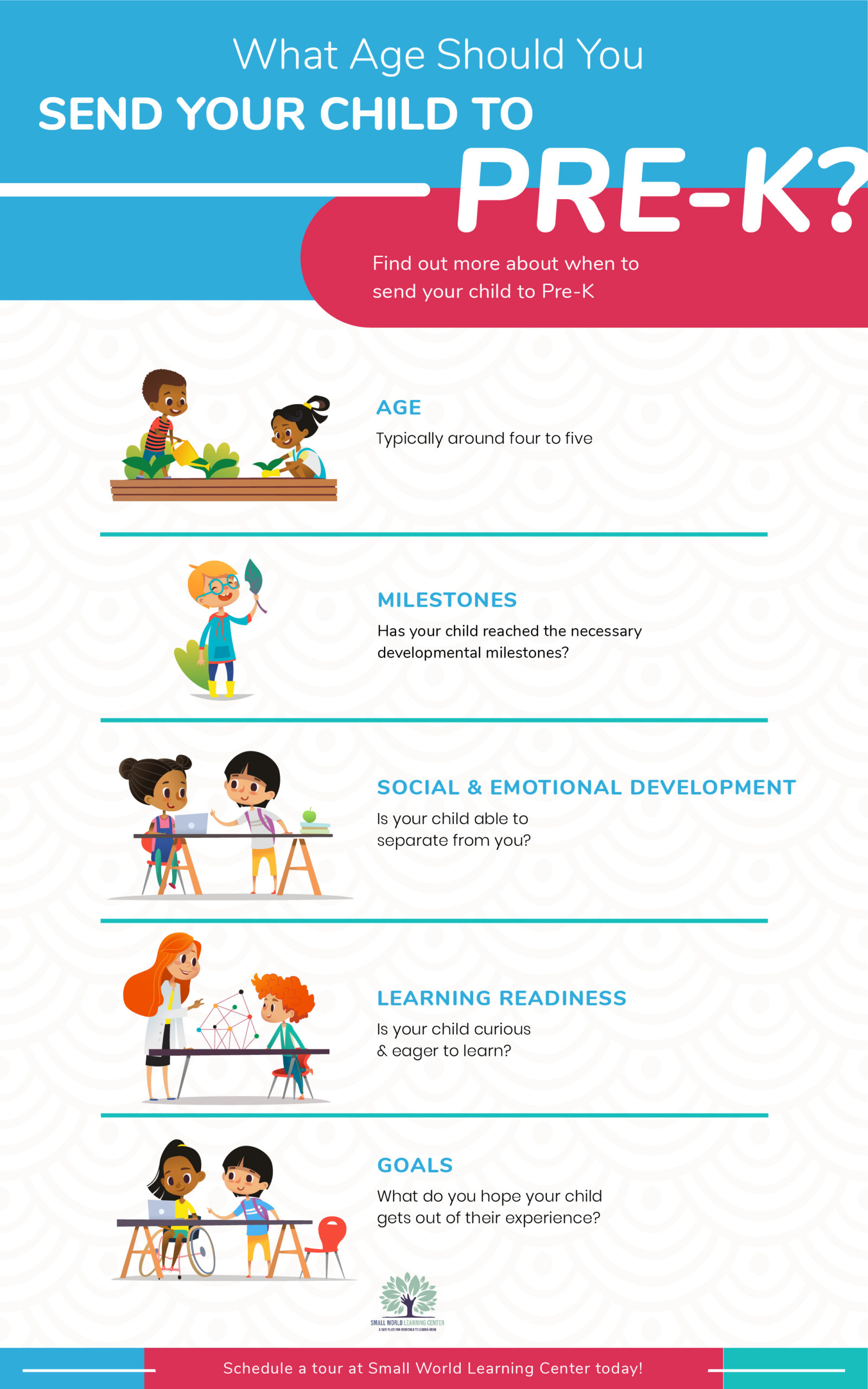
Small World Learning Center is a safe place for children to explore, create, and learn. Our caring staff is dedicated to providing each child with the individual attention they need to succeed. We offer a variety of programs designed to meet the needs of every family, including pre-kindergarten, preschool, and daycare. Contact us today to learn more about our preschool and pre-K programs in Littleton and how we can help your child reach their full potential.
